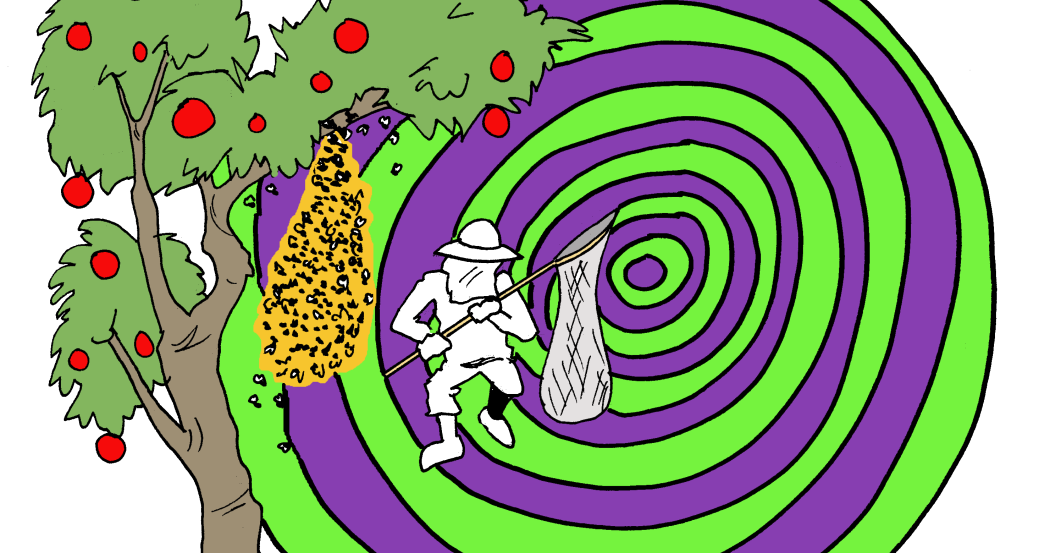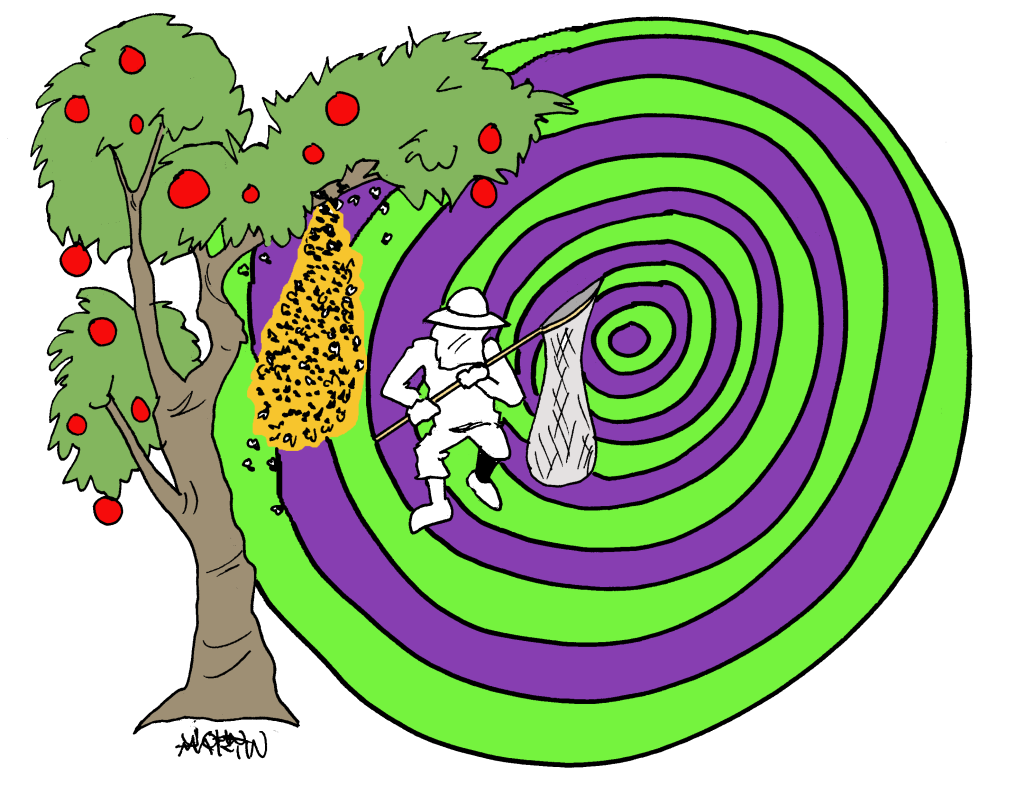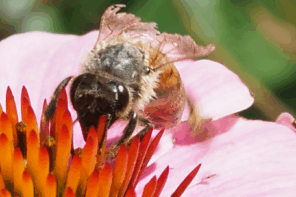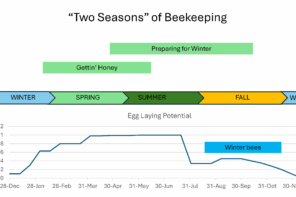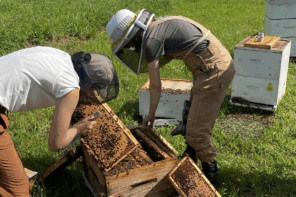Click Here if you listened. We’d love to know what you think. There is even a spot for feedback!
Read along below!
This is the Year
By: Stephen Bishop
I’m a firm believer that farm animals exist primarily to torment farmers. The fact that we eat livestock feels like rightful payback for all the trauma these creatures inflict during their lifetimes.
For instance, one day I was making a last-minute purchase of sunscreen at the grocery store — mere minutes before departing for a fishing trip to the coast — when my wife called to ruin my rest and relaxation before it had even begun. “The goats are out,” she said. Apparently, the reason we have goats is that my wife takes pleasure in tormenting her husband. Several years ago, she wanted goats. Now, as far as I can tell, these goats serve no useful purpose beyond demonstrating to the local deer herd the proper technique for high-jumping over our fences. I won’t bore you with the details of the subsequent fence repair, but suffice it to say the ordeal took several hours — and about 8,000 volts of self-inflicted electrical shock — before I finally located the short-circuit. Even worse, once I arrived at the ocean, I couldn’t fish in peaceful serenity because I feared that the next phone call from my wife would not only inform me of another goat escape but also detail their crime spree throughout the countryside. I’d already had to pay for two Japanese maples for my next-door neighbor. While some people blame globalization for declining farm profits, I’m convinced the real culprit is the cost of replacing neighbors’ shrubbery.
And it’s not just goats. According to the USDA, honey bees are considered livestock, and as such they’re not without their own sadistic tendencies. However, their methods of torment are arguably more cerebral than those of goats. Case in point: I once caught the same swarm five times. Every day, this small swarm would alight on the same limb of the same apple tree. By day three, I began to believe I was living in a time warp. By day four, I was certain I was starring in an episode of The Twilight Zone. By day five, my local bee club had me committed.
Queens, in particular, excel at playing sophisticated psychological games. Have you ever tried to find a queen under a time crunch? Even if you eventually give up, come nightfall you’ll be seeing bees in your sleep (and — trust me — you still won’t spot the queen in your dreams).
Of course, let’s not forget that honey bees have stingers and are not above using them to harass and intimidate. Among the more fearful of beekeepers, this tactic can cause acute stress; among the most fearful, it can also cause acute stress coupled with flailing, flapping and levitation. Although the last symptom has not been scientifically documented, in some situations in which bees have breached my bee suit, I can personally attest to a rise in vertical elevation that cannot be explained by my meager jumping ability alone.
Despite their short lifespan, bees are also capable of playing the long game. I’ve been keeping bees for nearly fifteen years now, and every year I think: This is the year — the year I’ll have a record-breaking honey crop, my hive count will multiply manifold, and I’ll ascend to the ranks of the wise and respected (or at least competent) beekeepers. And every year I feel like I take two steps backward for every step forward.
But, still, I’m holding out hope: This is the year.







